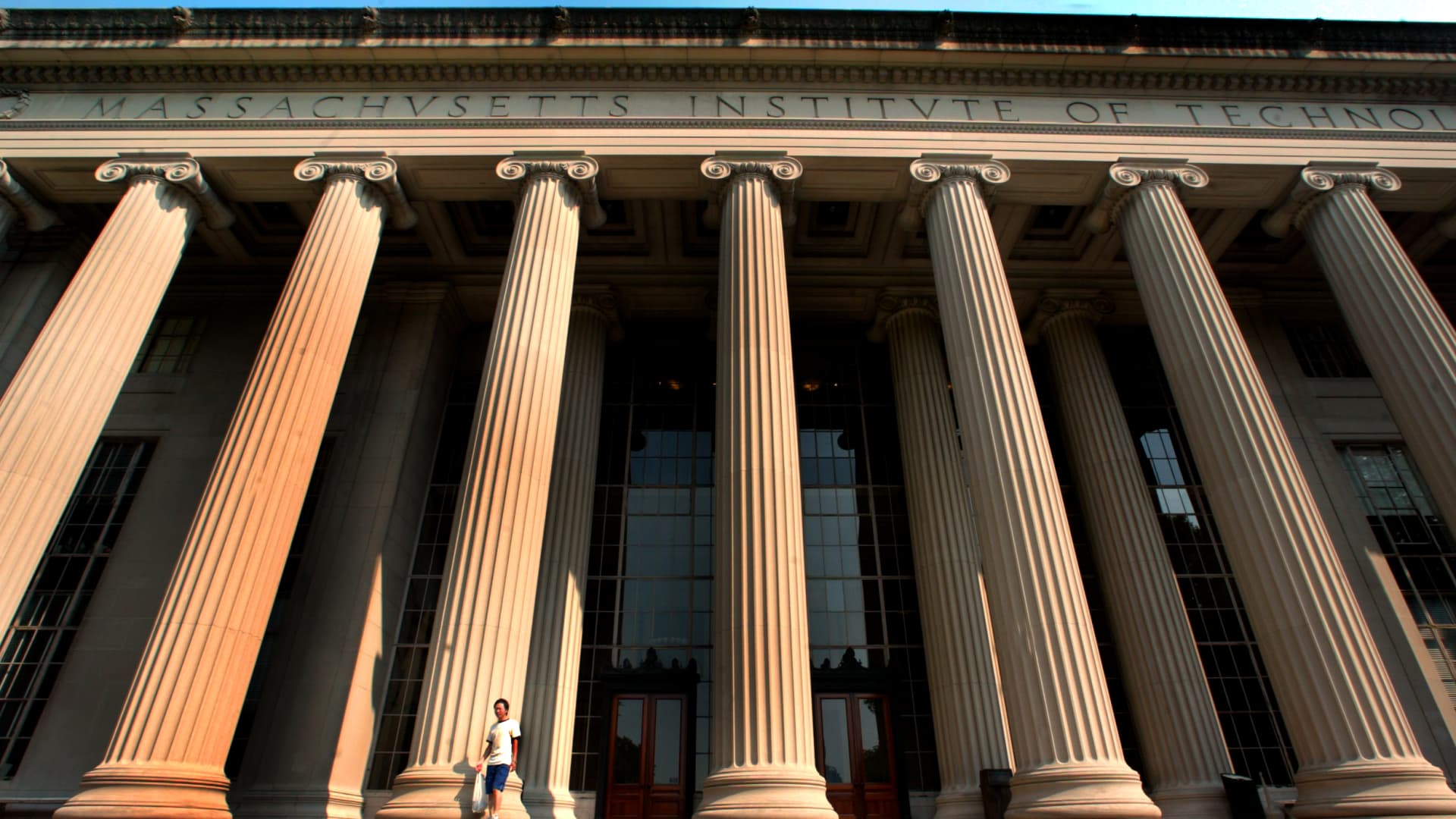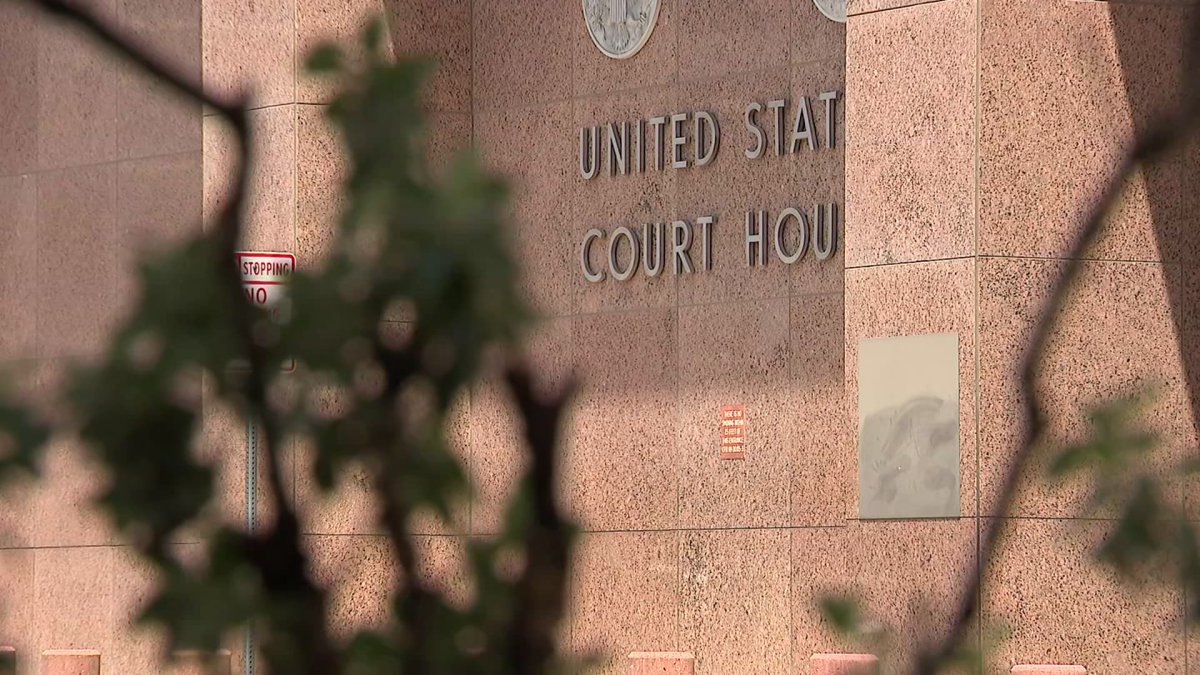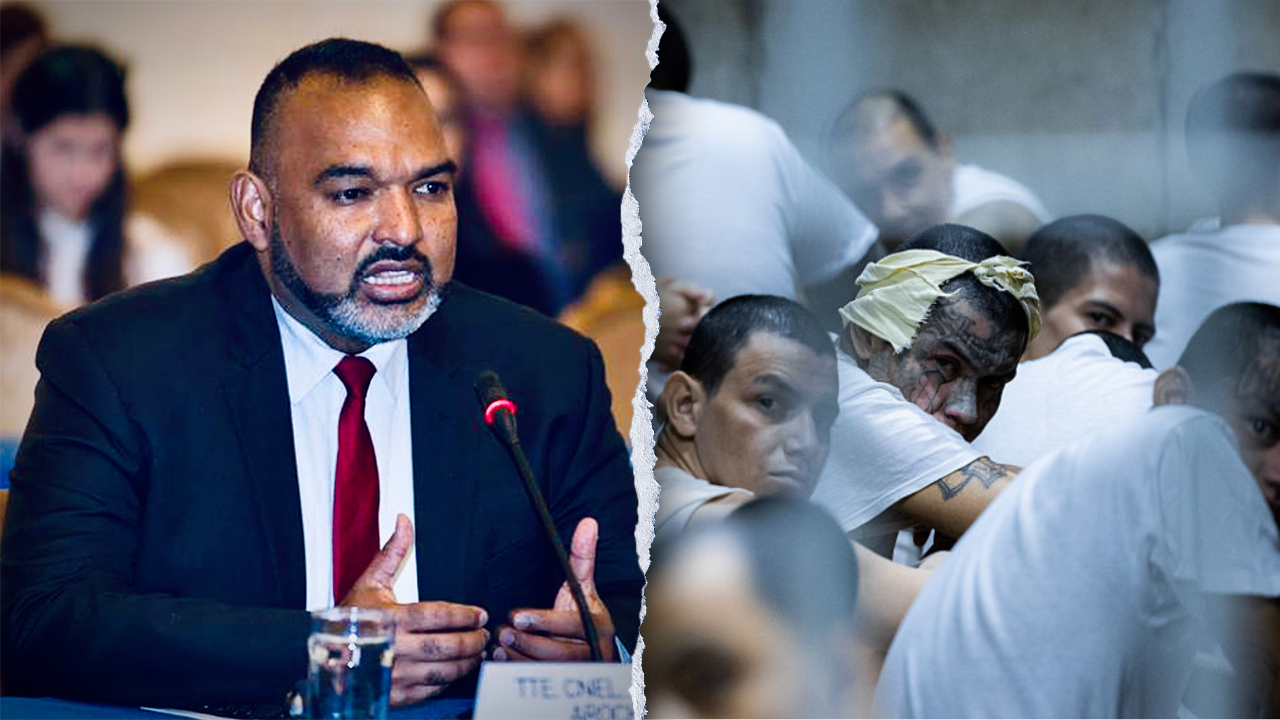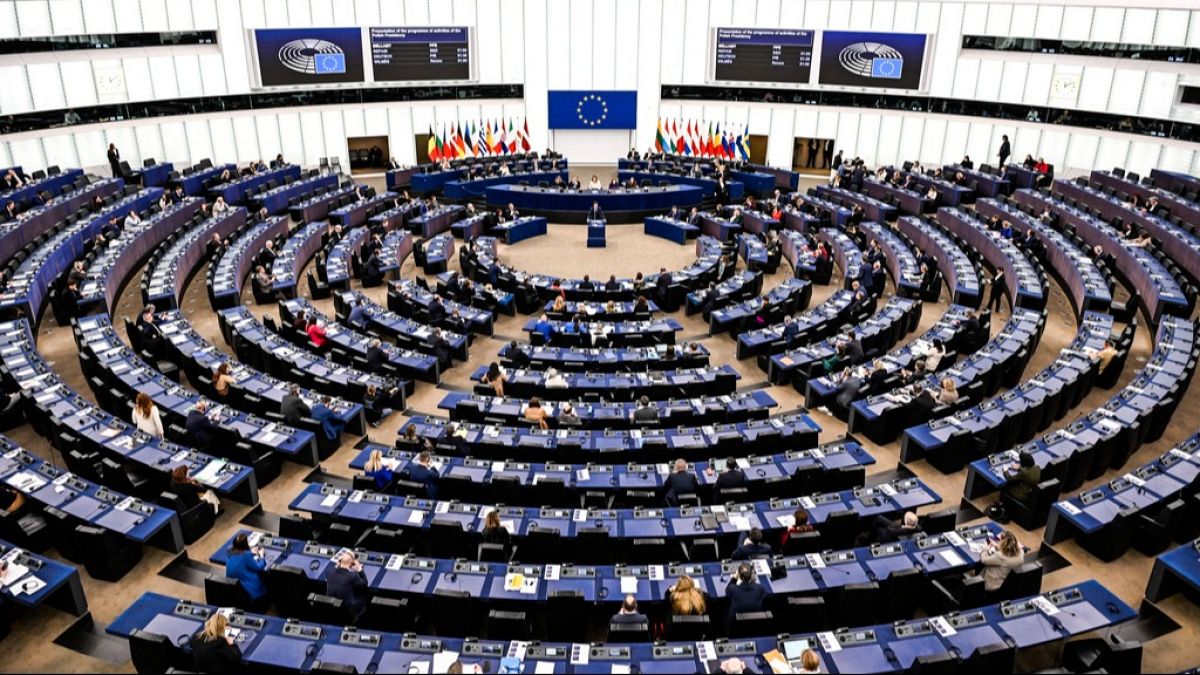Trade talks between the US and China are “a bit stalled” and may need to be reinvigorated with a call between Donald Trump and Chinese leader Xi Jinping, US Treasury secretary Scott Bessent has said.
The comments suggest that the two sides have made little progress since they agreed two weeks ago during talks in Geneva to a truce that would reduce tit-for-tat tariffs that had soared to as high as 145 per cent.
“I believe we will be having more talks in the next few weeks and I believe we might at some point have a call between the president and party chair Xi,” Bessent told Fox News on Thursday.
“Given the magnitude of the talks . . . this is going to require both leaders to weigh in with each other,” he said. “They have a very good relationship and I am confident that the Chinese will come to the table when President Trump makes his preferences known.”
China’s ministry of foreign affairs on Friday declined to comment on Bessent’s remarks.
Trump has on various occasions raised the possibility of a phone call with Xi. He insisted before the talks on May 12 that they had spoken but China has consistently denied this.
After the talks in Switzerland, the two countries said they would slash tariffs on each other’s goods for at least the next 90 days, with the extra levies the US imposed on China this year falling to 30 per cent and China’s declining to 10 per cent.
As part of the deal, China also agreed to “suspend or cancel” non-tariff measures against the US, but did not provide any details.
The Chinese ministry of commerce said after the talks that both sides had agreed to set up a “China-US economic and trade consultation mechanism, to maintain close communication on respective concerns in the economic and trade fields and to carry out further consultations”.
It said the two sides would hold consultations regularly or as needed, “alternating between China and the United States, or in a mutually agreed third country”.
But since then, there have been few public announcements on the talks from either side, with the Trump administration instead imposing further restrictions on the use of US technology by Chinese companies.
Shortly after the Geneva talks, Washington warned companies around the world that using artificial intelligence chips made by Huawei could trigger criminal penalties for violating US export controls.
The US commerce department has also told US companies that offer software used to design semiconductors to stop selling their services to Chinese groups, in the latest attempt to make it harder for China to develop advanced chips.
“From the perspective of the long-term and complex nature of the struggle with the US, we should not only be fully prepared for negotiations but also be ready for a prolonged confrontation,” wrote Huo Jianguo, a vice-chair of the China Society for World Trade Organization Studies on Beijing, in Communist party affiliated media China Economic Net.






























